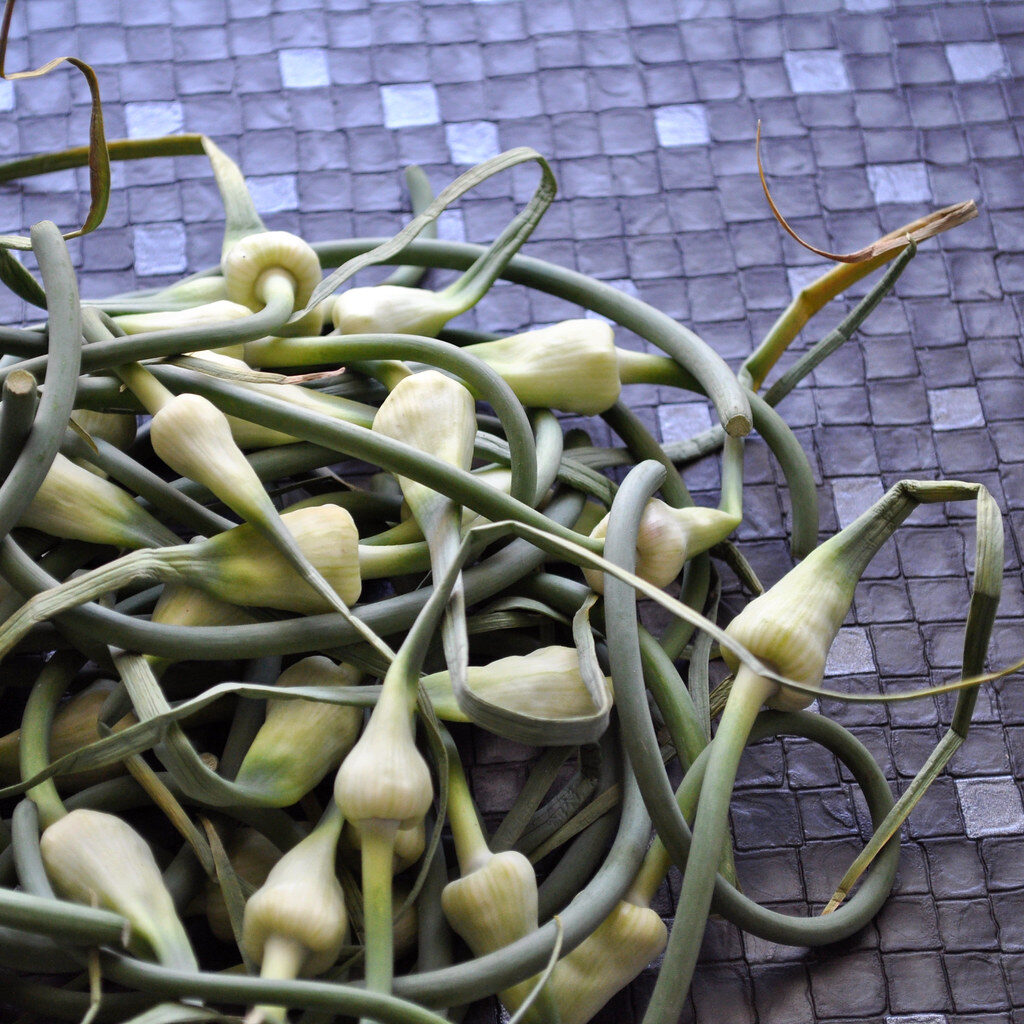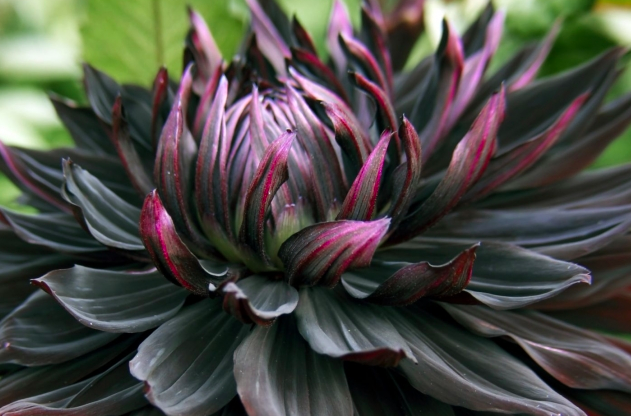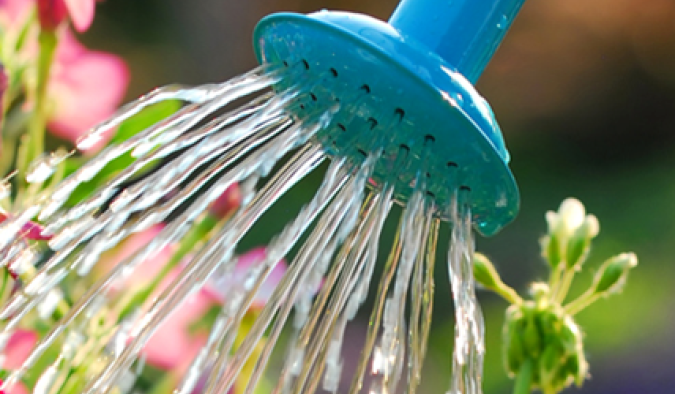
Our Winters are changing. Remember those mega winter storms of the past decades? In the London/Middlesex region, these past few winters we have experienced light snow cover and milder temperatures. So, what does this mean for our gardens?
Snow covering acts as a blanket. It provides insulation protecting new root growth from extreme temperatures while keeping them moist. Plants exposed directly to constant cold temperatures can suffer tissue damage both above and below the ground.
Without that blanket of snow, plants are more prone to frequent freeze-thaw cycles. These occurrences are damaging to the crown of the plant. They also are harmful to shallow root systems. This damage can result in some of our perennials not surviving the winter. This also may delay spring growth or flower development.
Snow creates pockets of trapped air that holds heat. Without this, moisture in the top few inches of the soil freezes. This layer expands, pushing the soil upward causing the ground to heave. This action can harm plants by pushing them up out of the ground. Also, the ground can also freeze more deeply. The injury on some shallow-rooted shrubs or young trees can be significant.
With our Winters changing, milder winter temperatures can cause another set of problems in our gardens. Pathogens that would normally be killed or suppressed by cold temperatures end up surviving. Their endurance means more diseases in our gardens in the following months.
Most insects in our region can withstand our cold winters. For survival, they bury themselves underground, beneath leaf litter or for some, burrow under tree bark. These measures work well, allowing the insect populations to remain stable. With milder temperatures, populations of some insects explode. It is usually the ones we don’t want in our garden.

Plum Tree with Premature Growth
Mild winters can also trigger plants into premature growth. I have noticed in my garden a few perennials already sending up new leaves. This is three months too early. The result can be very hard on the plant if or when temperatures severely drop. Early budding on trees will be devastating to the fruit trees and spring-flowering shrubs. This causes a whole realm of problems – stress, lack of fruit, damaged leaf growth and being more vulnerable for diseases and insects later.





About The Author: Nancy Abra
The family kitchen garden has always been a big part of my life from the early days growing up on a farm to current days gardening near Thorndale, Ontario.
I have honed my gardening knowledge with various courses including a certificate in Horticulture from the University of Guelph, ongoing training with the London Middlesex Master Gardeners, active membership with the local Horticultural Society and as a volunteer gardener at Fanshawe Pioneer Village, It has always been important to me to feed my family from the best of my garden or from locally grown produce. For almost 50 years of preserving, canning, pickling, and using heirloom recipes including some of my own creations, I have developed tasty preserves for my family and friends which I market locally with the brand name "From My Garden".
More posts by Nancy Abra